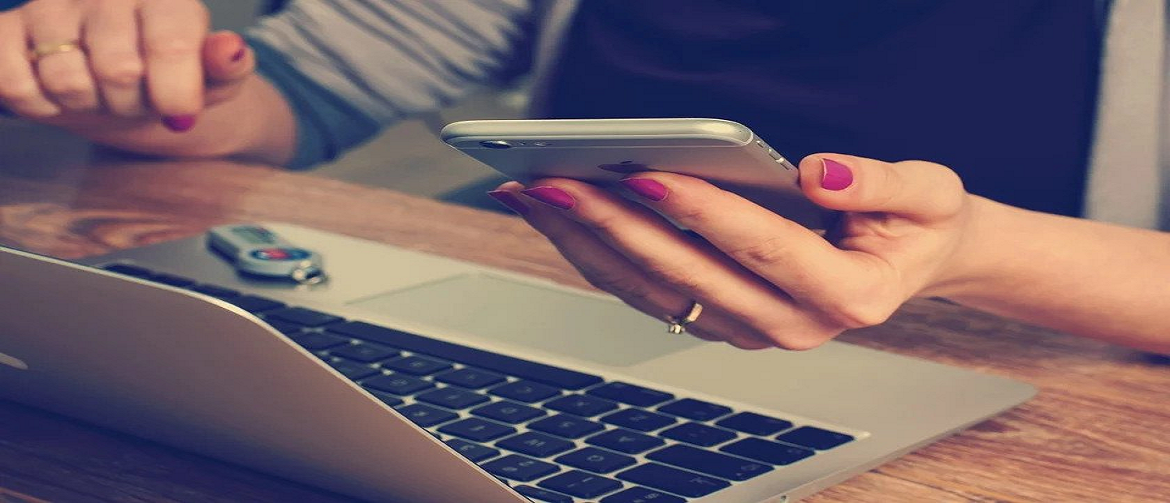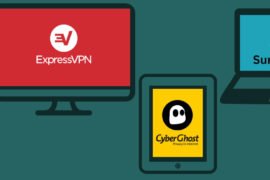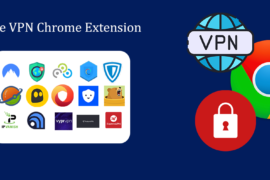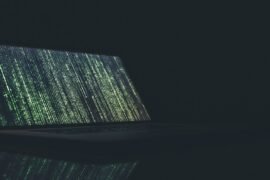It is common to care about your privacy in real life. Likewise, you do not like public eyes prying on you when you visit the bathroom. That’s why you lock the door behind you. You can also close the doors and the curtains when you enter your bedroom. You also see your doctor behind closed doors.
By the same token, you do not need people to disturb or observe you when you are doing these things. So, you take the available measures to keep online things private. If you are too protective regarding your privacy in daily life, then how can you ignore your online privacy?
That’s why DigitalCruch is here with the most important things that you need to know about online privacy. It would help if you cared about your online privacy the same way you care about real-life privacy.
What Do You Have to Protect Online Privacy?
Online privacy is about who you are and what you do online. Your information is precious online. It can be stolen, analyzed, collected, and then sold without your consent.
Who Are You?
Entail your PII (Personally identifiable information), which includes your address, date of birth, real name, phone number, social security number, and many more.
What Do You Do Online?
It refers to the searches you perform, the sites you visit, what you sell or buy online, the articles you browse, and all the other things you do online.
Whenever you download apps, visit a site, or use your favorite social media platforms such as IG or Facebook, chances are high that these companies are amassing data on you.
You buy things online, interact with friends, relatives, and co-workers, and browse certain websites looking for info about specific medical conditions. You do so much with your phone or computer that you unknowingly leave a big data trail behind you.
Although it may not be your personal information, some companies can trail you to know you better.
What Can Someone Do With My Data?
Nowadays, there’s a company referred to as a data broker. They maintain and collect information on thousands of people, probe, package, and sell it exorbitantly without the end-user’s permission or knowledge.
Data broker companies also gather and sell data to other companies for several reasons, such as direct marketing, credit risk management, and targeted advertising.
Fortunately, this information is customarily anonymized and contains no personal data.
Why Is Your Privacy Crucial?
I know you have some things to hide. It could be how much you earn, unpaid bills, credit card numbers, or your medical records. It’s not wrong to hide things. It’s ok to let people see what you feel comfortable sharing.
Your privacy is yours. It’s your data, actions, patterns, and habits. Protect them in every method possible. Here’s how to protect your privacy.
How To Boost Your Privacy Online
1. Use A VPN to Keep Private Things Private
Although most of the data linked to your IP stays private, cybercriminals can hack some of the sites that collect your data, making you vulnerable. Get a free IP address from New York. A VPN can conceal your IP address and bar your location and browser history. This enables you to receive and share data on public Wi-fi more privately.
2. Protect Your Passwords
Passwords and apps are crucial to your digital life. Bad actors, such as cybercriminals, try several tactics to crack them. To stop them from having a field day, use strong, complex passwords in all your accounts.
Ensure your passwords are long and are a mix of letters ( lowercase and uppercase). They should also contain symbols and numbers and should not be linked to your personal information.
3. Always Backup Your Data
To secure your data, always back it up with the three-two-one rule. Where you create three copies of data, keep it across two distinct forms of media, and store one copy off-site. To secure your data against ransomware, isolate the off-site back from the organization network.
Ransomware is a kind of attack where a hacker holds your information hostage and demands a ransom to release it.
4. Keep Updating Your Operating System
Do not ignore software updates, as they carry out many tasks. Software updates remove outdated features, add new features, update your drivers, and fix security holes that may have been identified. These activities aim to improve the user experience.
5. Always Delete Any Information That You Do Not Use
Uninstall every program you have not used in months. Delete all the old documents you no longer use, as they can hold some critical personal information you do not remember at the moment. If hackers access it, you’ll be vulnerable to attacks.
For that reason, delete every software you haven’t used for a long time, as it can be outdated.
Phishers usually try to imitate well-established institutions such as banks or other financial organizations. They try to get your user details or to supply viruses to your computers. These phishers do so by sending you email attachments or suspicious links. Stay safe. Do not click on links or attachments from unspecified senders.
Wrapping Up
In short, the internet world is not as safe as you think. A privacy breach is a significant threat. Hackings, data breaches, and cyberattacks happen all the time.
The data you share about yourself on different occasions is stored permanently and remains on the internet even after deleting the original post. It’s easy for someone to track you and harm you. So, be careful what you share on the web. Protect your privacy using the above ways.



